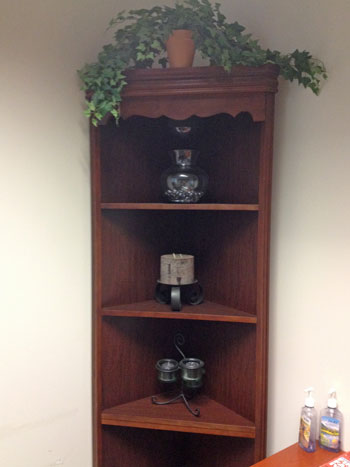
Hidden camera used in the experiments
As the summer portion of my research project comes to a close, I am thrilled with how far my research has come. This summer I was able to nearly finish the data collection phase of my research. I recruited and tested forty couples this summer, which contributed to the 105 couples run since this project began, which I feel is a huge accomplishment. Despite the difficult task of recruiting participants, I was able to recruit, schedule, and manage forty couples to participate in the study. I had an average of three couples participating per week, which kept the rate of participation steady. In addition to the recruitment phase being completed, I am also wrapping up the observational coding element of the project. Each member of couples 1 thru 95 have now been coded by two independent coders and checked for inter-rater reliability. With only a few couples left to code, the data collection is nearly complete. I am incredibly excited and relieved that, along with my team of research assistants in the lab, I was able to complete the most arduous, labor-intensive steps of the research project.
Having the data collection phase of the study completed will be an invaluable asset as I work throughout the school year. Now that this difficult, time-consuming aspect of the research is finished, I can devote my time and energy to entering the data collected from the power questionnaires and analyzing the data. This fall, I can statistically analyze the associations between the behaviors coded in the conflict discussion videos and the perceived power expressed in the questionnaires. I am thrilled to be so close to finding results! Having completed a great deal of the project this summer, I will have more time this fall to delved into the background literature, which help me to write a solid, well-informed research paper. Assuming I find results, I am hoping to submit my paper to a number of psychology journals this winter to get published. This would not have been possible had I not had the summer to work on the project.
The experience of working full time on my own was both overwhelming and exciting. There were times when I felt so stressed I thought my head might explode. This summer felt like a race against the clock in some ways, which made the experience fast-paced and quite stressful. Despite the stress, this was the most valuable experience of my undergraduate career. Having the opportunity to build my own research project from the ground up taught me to think like a scientist. I now have a refined skill set and knowledge that I did not have when I began this endeavor. With the support and guidance of Dr. Feeney, I was able to learn and accomplish so much this summer. I am so grateful to Dietrich College and Dr. Feeney for giving me this opportunity to learn and grow as a researcher. I feel like more than a psychology student now- I feel like a real scientist, which is an exciting feeling.
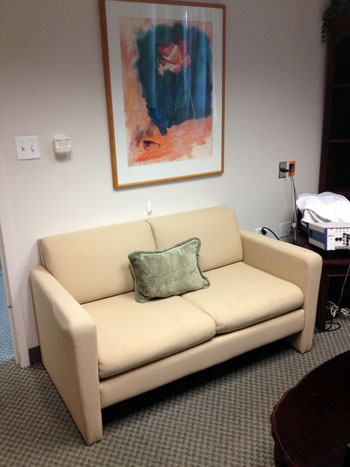
Image of the lab where experiments are conducted
I highly encourage any future students interested in working on a thesis project in the summer months to pursue that goal! It is an amazing experience that will set you apart as a scholar in your field. Undergraduate studies are focused on learning and observing. The Dietrich Summer Honors Fellowship program gives students the opportunity to learn in a much more hands-on way than they are able to in the classroom. Here, students can channel their own creativity and innovation to accomplish things of which they did not know they were capable. Furthermore, having the experience of developing and seeing through a research project from start to finish gives students a unique skill set. This newly acquired knowledge provide the opportunity to thrive in future research endeavors, and perhaps graduate school, should students be interested. This program has been a unique, wonderful growing experience for me, and I’m sure it will be for the future scholars as well.
Click here to support these and future Dietrich Honors Research Projects.
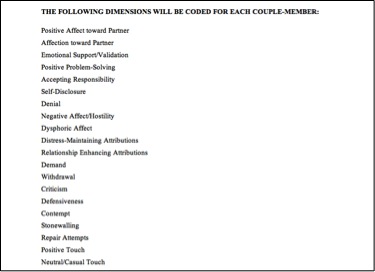
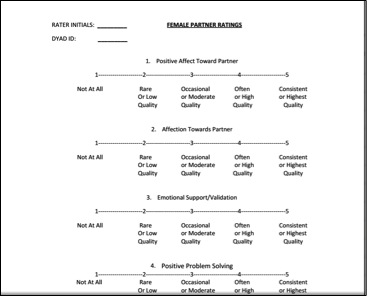
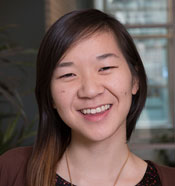
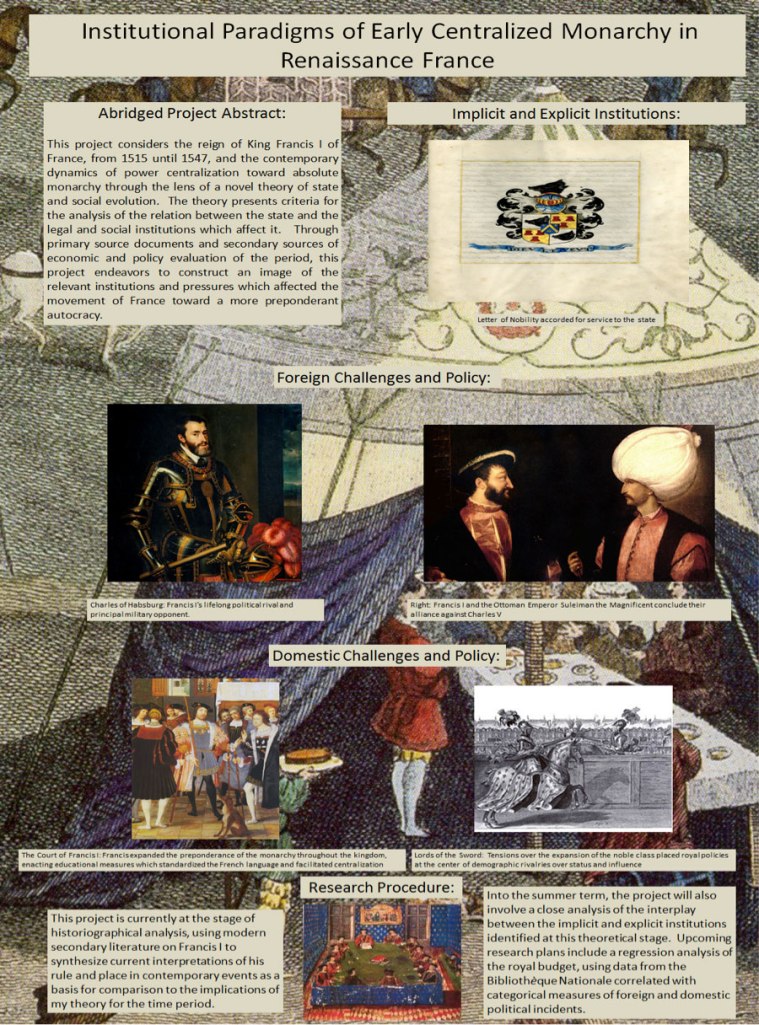
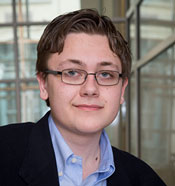
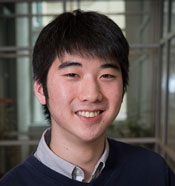
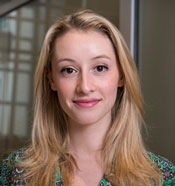
You must be logged in to post a comment.